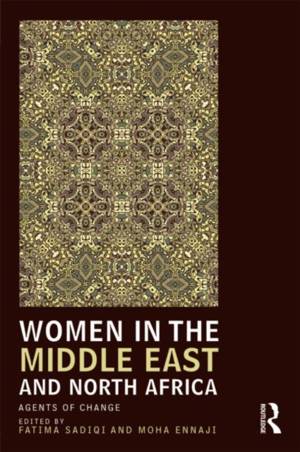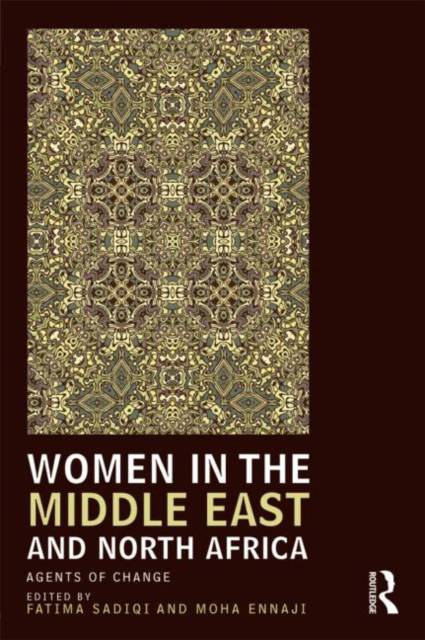
- Retrait gratuit dans votre magasin Club
- 7.000.000 titres dans notre catalogue
- Payer en toute sécurité
- Toujours un magasin près de chez vous
- Retrait gratuit dans votre magasin Club
- 7.000.0000 titres dans notre catalogue
- Payer en toute sécurité
- Toujours un magasin près de chez vous
Description
This book examines the position of women in the contemporary Middle East and North Africa (MENA) region. Although it is culturally diverse, this region shares many commonalities with relation to women that are strong, deep, and pervasive: a space-based patriarchy, a culturally strong sense of religion, a smooth co-existence of tradition and modernity, a transitional stage in development, and multilingualism/multiculturalism.
Experts from within the region and from outside provide both theoretical angles and case studies, drawing on fieldwork from Egypt, Oman, Palestine, Israel, Turkey, Iran, Tunisia, Algeria, Morocco, and Spain. Addressing the historical, socio-cultural, political, economic, and legal issues in the region, the chapters cover five major aspects of women's agency:
- political agency
- civil society activism
- legal reform
- cultural and social agencies
- religious and symbolic agencies.
Bringing to light often marginalized topics and issues, the book underlines the importance of respecting specificities when judging societies and hints at possible ways of promoting the MENA region. As such, it is a valuable addition to existing literature in the field of political science, sociology, and women's studies.
Spécifications
Parties prenantes
- Auteur(s) :
- Editeur:
Contenu
- Nombre de pages :
- 312
- Langue:
- Anglais
- Collection :
Caractéristiques
- EAN:
- 9780415573214
- Date de parution :
- 25-10-10
- Format:
- Livre broché
- Format numérique:
- Trade paperback (VS)
- Dimensions :
- 156 mm x 234 mm
- Poids :
- 439 g

Les avis
Nous publions uniquement les avis qui respectent les conditions requises. Consultez nos conditions pour les avis.






